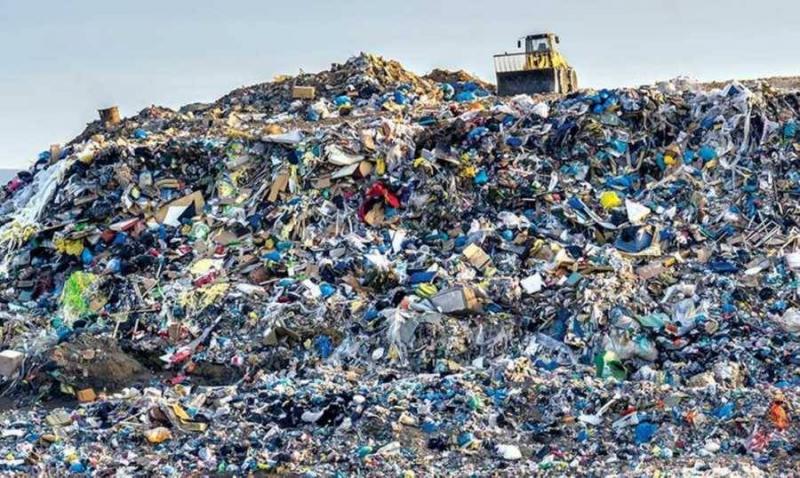A new study has warned that the decomposition of food waste in landfills around the world results in the release of thousands of tons of methane gas, which in turn contributes to global warming. With approximately 570 million tons of greenhouse gases emitted annually from industrial and natural activities, the concentration of methane in the atmosphere is increasing at a record pace, according to the National Oceanic and Atmospheric Administration in the United States.
In some countries, the largest source is agricultural fields and farm animals, particularly cows, but also livestock and chickens. In the United States, the oil and gas industry is by far the major contributor. However, there is another significant source in many countries: waste.
After data from sensors installed on satellites revealed high levels of methane above cities in India, Pakistan, and Argentina, a team of scientists investigated thoroughly to identify the sources of emissions.
The study, published on Wednesday in the journal "Science Advances," indicated that high-resolution satellite images taken in 2020 showed methane emissions from landfills in Argentina's capital Buenos Aires, as well as from New Delhi and Mumbai in India and Lahore, the second-largest city in Pakistan. For example, the landfill in Mumbai was found to produce about 9.8 tons of methane per hour or 85,000 tons annually, while the Buenos Aires landfill emitted nearly 250,000 tons per year, accounting for half of the city's total methane emissions.
Co-author of the study, juventud Masakers, an ecologist at the Dutch Institute for Space Research, stated, "These observations can guide us to the locations of significant methane emissions and where actions can be taken to mitigate them."
Such actions include converting food into compost or capturing methane for use in biogas production. The World Bank expects that waste in landfills, responsible for emitting about 11% of global methane, will increase by nearly 70% by 2050 with the ongoing rise in the Earth's population. Masakers added, "Since methane is 80 times more potent than carbon dioxide, reducing methane emissions now... can have a rapid impact on climate change." Previously, estimates of landfill emissions were based on their size and assumed decomposition rates.




